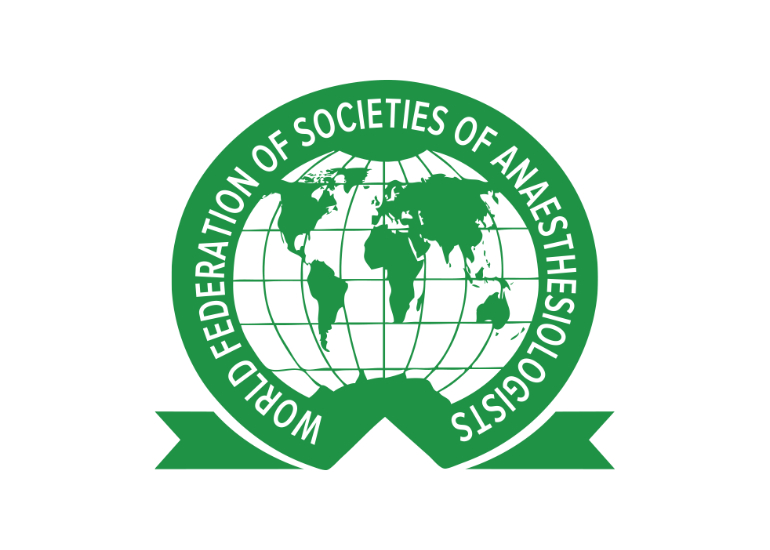Anaesthesia providers from across Cambodia convened in Phnom Penh’s Calmette Hospital for the second SAFE Obstetrics course delivered from the 30th September to 3rd October 2019. 24 participants representing five Cambodian health facilities were supported by local and international clinician faculty members from Thailand and the United Kingdom.
Course Director, Dr Pranee Rushatamukayanunt, worked closely with her colleague Dr Lisa Sangkum to organise the logistical and clinical arrangements for the course, ably supported by Kith Rathamony (Mony) from Assist International, WFSA Secretariat staff and faculty members, including Dr Pathy Ngeth, Head of Anaesthesiology at Calmette Hospital.
The intensive three-day SAFE Obstetrics course covered topics ranging from airway management to general anaesthesia and maternal trauma to pre-eclampsia and eclampsia. Local and international faculty members worked together to deliver the sessions, with the local clinicians assuming greater responsibility for the training as sessions progressed.
Over the course of the training, faculty identified 7 participants to take part in an additional Training of Trainers (ToT) course. These newly qualified trainers will conduct SAFE Obstetrics training programmes in other regions across Cambodia, further building the capacity and expertise of the country’s anaesthesia providers.
Reflecting on the course, both Dr Rebecca Parker and Dr Søren Kudsk-Iversen noted the efficiency of the local faculty in assuming responsibility for the training of their colleagues as the course progressed. The SAFE model is effective in providing training opportunities for local clinicians who are then able to deliver future training courses to the required standards.
Dr Pathy Ngeth, Head of Anaesthesiology at Calmette Hospital remarked, ‘Since the first SAFE Obstetrics course in May 2019, I’ve seen improvements in clinical practice, including adoption and use of the Safe Surgery Checklist and the correct administration of antibiotics to mother and child.’ He expects to see further significant changes in the provision of safer anaesthesia, as a result of the second course.
Participants, faculty and the hospital leadership were all effusive about calling for additional continuing professional development (CPD) opportunities in the future, including SAFE courses to continue building anaesthesia capacity and leadership within Cambodia.
Further reading
WFSA runs SAFE courses in East Africa following award of THET grantSAFE Paediatric and Obstetric Book






